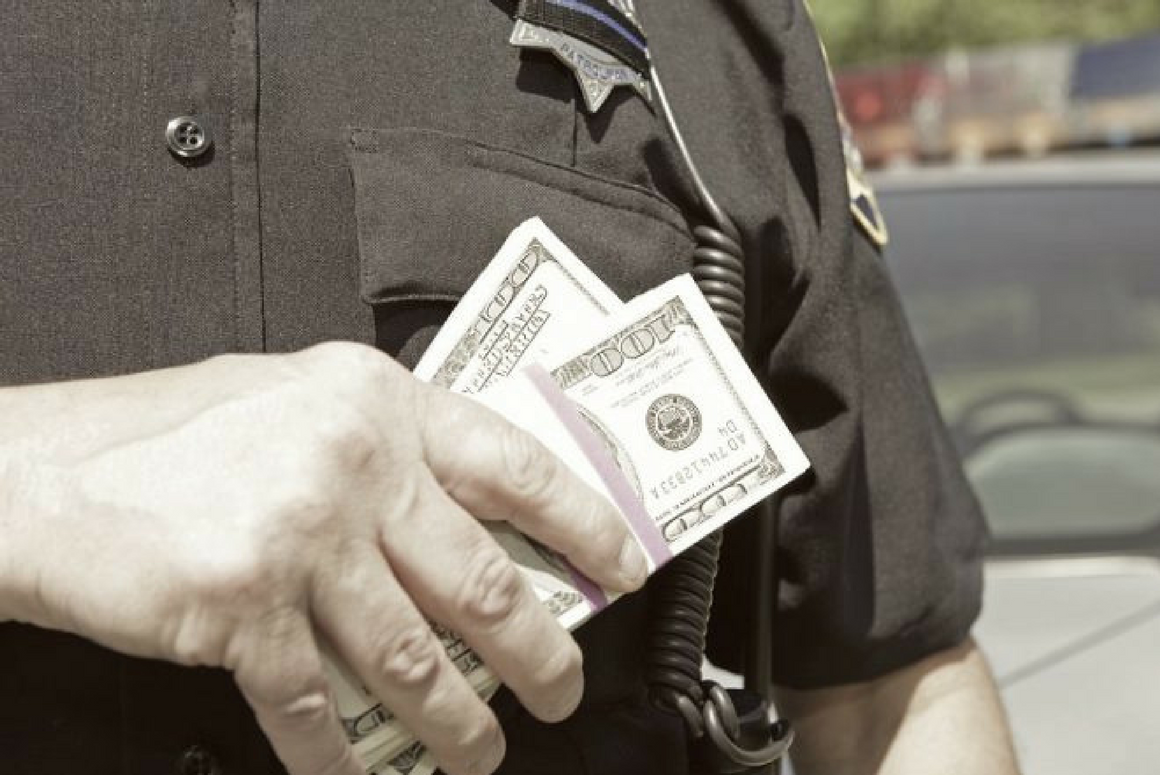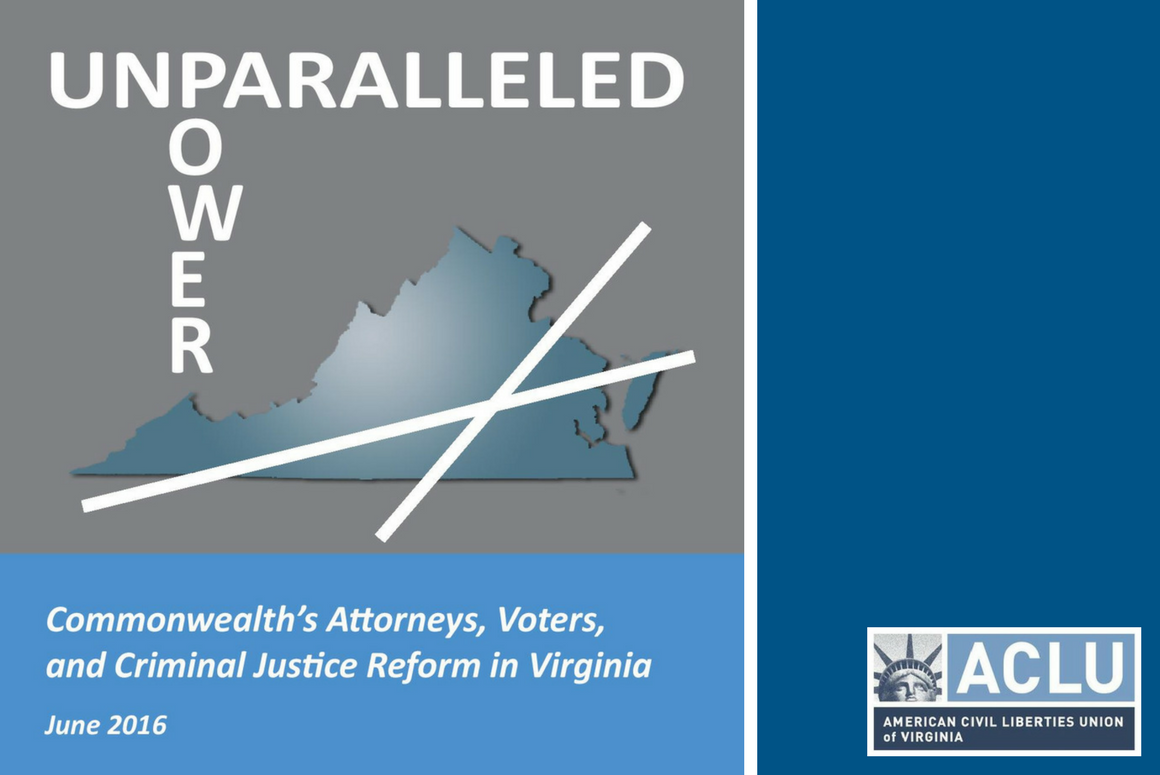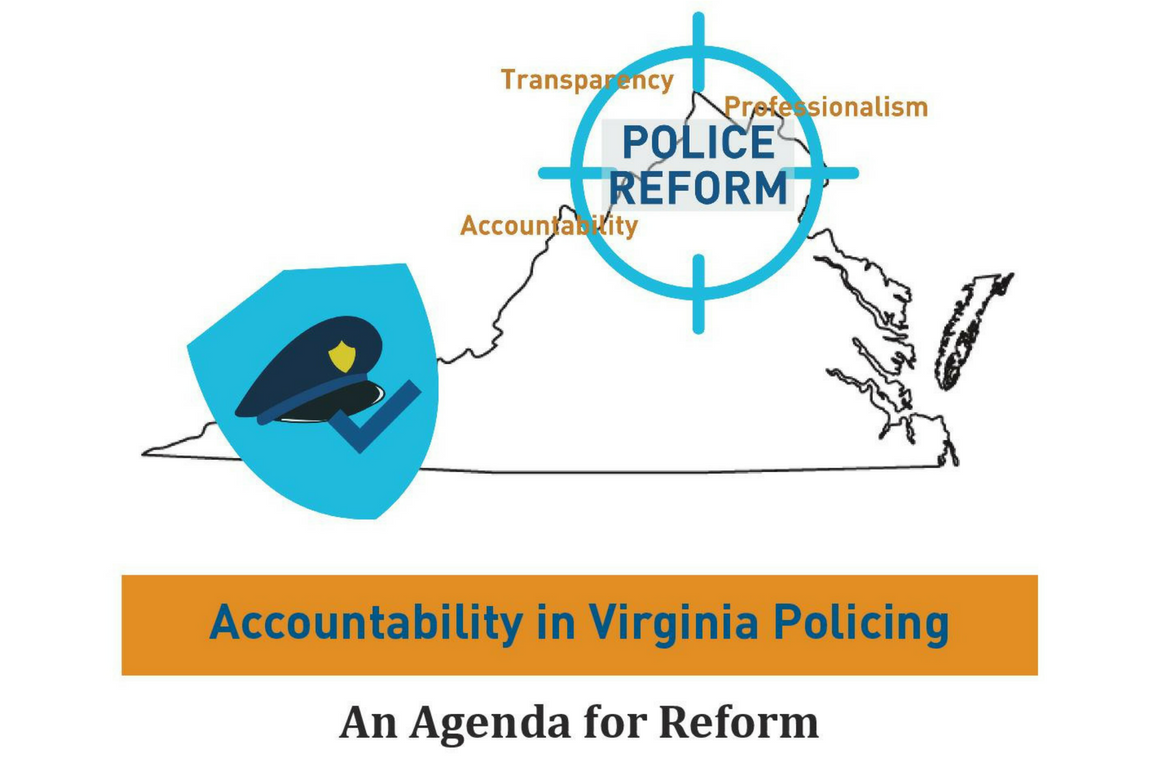Virginia’s civil asset forfeiture scheme for drug-related crimes is overdue for reform. Under Virginia law, the government can seize an individual’s car, cash, or other property without bringing corresponding criminal charges by filing a civil lawsuit alleging that the property is related to a criminal act.
Heralded as a valuable tool to counter the moneyed power of drug gangs and drug dealers, the implementation of civil asset forfeiture laws for illegal narcotics garnered significant criticism by civil liberties and property rights advocates from the outset. Property rights and due process concerns resulted in reforms of the federal forfeiture scheme in the 1990s and early 2000s. In Virginia, however, the low burden of proof required to confiscate property permanently and the award of forfeiture proceeds to local law enforcement agencies have resulted in an unjust civil asset forfeiture scheme in need of reform. The laws in Virginia have devolved from a purely utilitarian tool in the war on drugs to a revenue cow for cash-strapped local law enforcement agencies.
Part I of this article will review the historical roots of civil asset forfeiture law. Part II will provide a more modern history of these laws and an overview of Virginia’s current asset forfeiture scheme. Part III will examine the criticism of Virginia’s drug-related civil asset forfeiture laws and highlight due process concerns, risk of abuse of power, and misallocation of priorities due to the structure of these laws in Virginia. Finally, Part IV will provide recommendations to reform Virginia’s civil asset forfeiture laws.
Download the University of Richmond Law Review article below, or access the full article online.
Date
Thursday, March 10, 2016 - 3:15pm
Featured image
Show featured image
Hide banner image
Related issues
Criminal Legal Reform
Documents
Show related content
Tweet Text
[node:title]
Type
Menu parent dynamic listing
Style
Standard with sidebar
For the first time in a generation, America has turned a spotlight on its criminal justice system. Events in Virginia and across the country have sparked conversations about racial injustices, mental illness, the failure of the War on Drugs, and the enormous, unnecessary cost of mass incarceration. On the left, both Senator Bernie Sanders and Secretary Hillary Clintonhave made reforms to America’s criminal justice system part of their campaigns for the Democratic nomination for president. On the right, billionaire Charles Koch has pledged tens of millions of dollars to the reform effort, investing in his belief that now is the time for real change.
A December 2015 poll conducted by Prison Fellowship and the Charles Koch Institute found:
- 75 percent of Virginians believe the Commonwealth’s prison system costs too much.
- 75 percent of Virginians believe that prisons ought to prioritize rehabilitation.
- 72 percent of Virginians believe judges should have more freedom to use forms of punishment other than prison.
- By a 3-to-1 margin, 64 percent to 21 percent, Virginians support reinstating a system of parole. (Virginia abolished parole in 1995.)
In Virginia, where the state government spends more than $1 billion a year on corrections, there is significant appetite for reforming the criminal justice system.
Despite the emerging national consensus and the widespread support among Virginians for criminal justice reform, one group has consistently resisted change: Virginia’s prosecutors. For years, Commonwealth’s attorneys (CAs) have opposed commonsense reforms to Virginia’s criminal justice system. Instead, Virginia’s prosecutors have lobbied the General Assembly to ramp up the failed War on Drugs.
CAs have an important self-interest at stake in their fight against criminal justice reform. Virginia’s draconian sentencing laws – from mandatory minimums to the abolition of parole to jury sentencing – fundamentally shift influence over outcomes from judges to prosecutors. Only CAs have the authority to decide how many charges a person will face at trial, and whether those charges will carry mandatory minimum sentences. Because the vast majority of criminal cases are resolved by plea bargains, a prosecutor is more likely to decide a criminal defendant’s sentence than a judge or jury.
With relatively few checks on their authority and the ability to lobby aggressively for changes to laws they don’t like, CAs have unparalleled power over Virginia’s criminal justice system.
This report examines how uncontested Commonwealth’s attorney elections reinforce the status quo, bypassing public debate and engagement. This report also makes recommendations and offers concrete action steps to change this broken system. Download the report below.
Date
Thursday, June 16, 2016 - 2:45pm
Featured image
Show featured image
Hide banner image
Related issues
Criminal Legal Reform
Documents
Show related content
Tweet Text
[node:title]
Type
Menu parent dynamic listing
Style
Standard with sidebar
Trust is dependent on the culture within both the community and the law enforcement agency. Technology won’t solve problems such as racial profiling, excessive use of force or police abuse. The primary focus of police reform must be on policies and practices that enhance professionalism, transparency and accountability.
Proposals for Reform
Enhance professionalism: Require all police and sheriff’s departments to be accredited. Strengthen professional standards for officers and require decertification for misconduct.
End policing of low-level offenses: Legalize marijuana possession for adults, identify alternatives to prosecuting offenses like disorderly conduct, panhandling and trespassing by mentally ill or homeless people.
Implement statewide standards for use-of-force & body-cam policies: Ensure that use of force policies recognize preservation of life is paramount and all body cam policies have certain identical provisions across jurisdictions.
Abolish policing for profit: End civil asset forfeiture in the absence of a criminal conviction. Fund law enforcement with general fund dollars not fines and forfeitures.
Establish civilian authority over policing: Require approval by governing body of acquisition of military equipment or surveillance technology. Empower a civilian review board to examine police misconduct.
Independent investigations & prosecutions: Independent investigators and prosecutors must investigate and prosecute cases in which a law enforcement or correctional officer is involved in an incident in which a person in custody is seriously injured or killed.
Require transparency: Require collection and public release of data on critical policing activity such as stop and frisk, use of force and arrests with demographic breakdown.
Date
Thursday, May 4, 2017 - 11:00pm
Featured image
Show featured image
Hide banner image
Documents
Show related content
Tweet Text
[node:title]
Type
Menu parent dynamic listing
Show PDF in viewer on page
Style
Standard with sidebar
Pages









